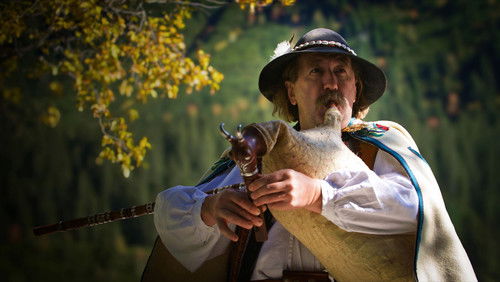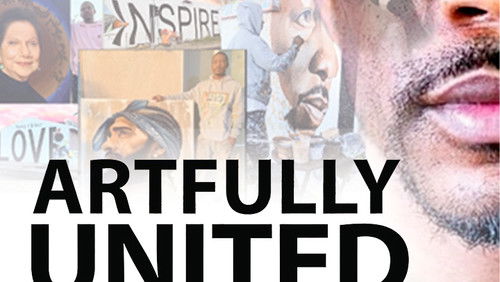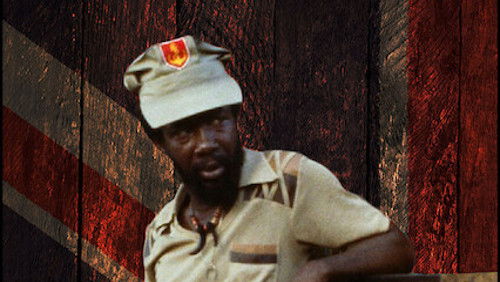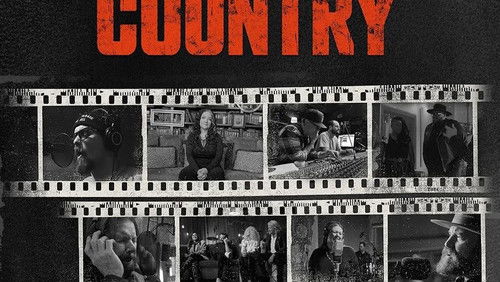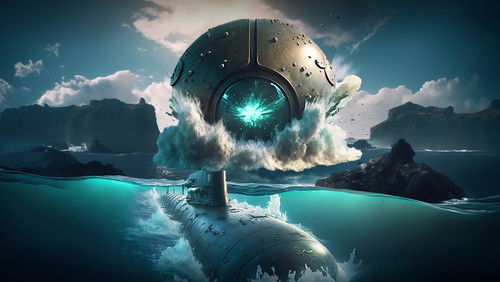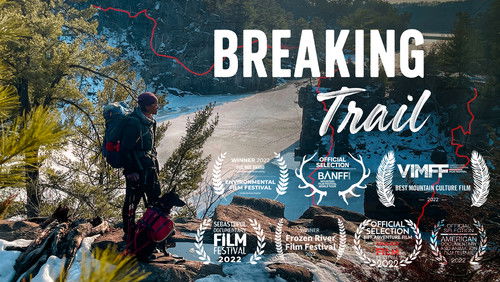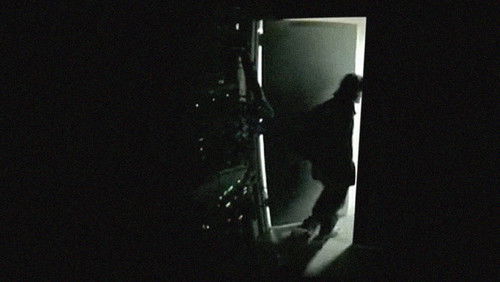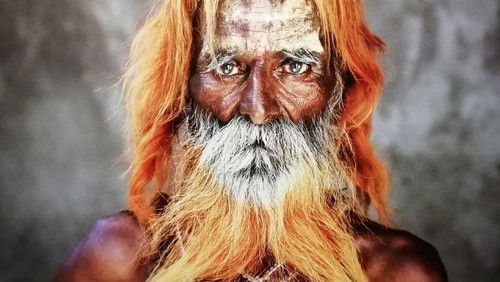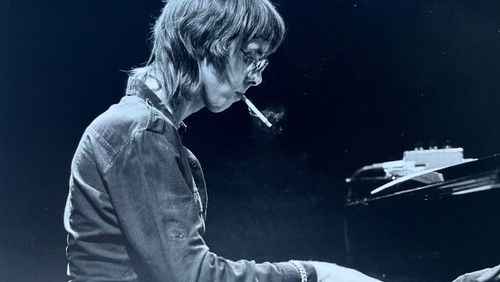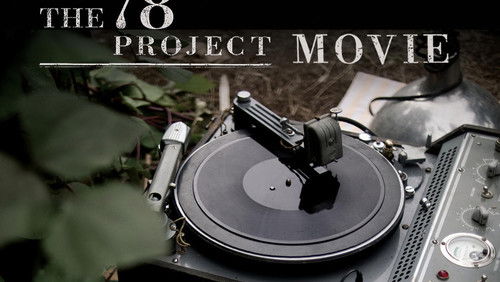Madagasikara (2018)
65KMadagasikara (2018). 1h 24m
“Greetings again from the darkness. Madagascar is the fourth largest island in the world at 228,900 square miles. 90 percent of its wildlife is found nowhere else, and it features a unique ecosystem with staggering natural resources. Itu0026#39;s been the subject of National Geographic specials and very successful (and cute) animated kidsu0026#39; movies. Contrasting to all of those details, is the fact that the vast majority of the citizens live in extreme poverty and suffer from malnutrition, while the government is in near-constant turmoil.u003cbr/u003eu003cbr/u003eCam Cowan is a former attorney, and this is his first documentary feature. Rather than bury us in bottom-of-the-world economic data, or frustrate us with details of years of political corruption and upheaval, he allows us to focus on the very personal stories of three women … each woman striving to survive the day and provide for her family.u003cbr/u003eu003cbr/u003eLin offers laundry services for the community. The first day we see her, she makes 28 cents, which just about covers the cost of 2 cups of white rice. One of Linu0026#39;s babies died a few months after birth, and she buried the young girl at the front door stoop, so that she never forgets. Deborah began as a sex worker at age 12. She recounts how some physically abuse her and donu0026#39;t pay. Her dream was to be a lawyer, but now hopes her kids can get the education she was denied. Tina busts rocks in local quarry. She spends hours each day under the sun without even the luxury of gloves to protect her hands.u003cbr/u003eu003cbr/u003eIn 2009, Malagasy citizens took to the streets to protest corruption in government. The international community responded by cutting off support. That support accounted for 60% of social services, including food, healthcare, and education. A sinking country sunk even lower. We learn that Madagascar is the only country untouched by war where the populace is now poorer than they were in 1960. In fact, the majority of citizens earn less than $2.00 per day, and 80-90% fall below the poverty line.u003cbr/u003eu003cbr/u003eAs a mother plucks fleas and larvae from her kidsu0026#39; feet, she admonishes them with, u0026quot;From now on, tell me when you have fleas in your feet.u0026quot; We may think parenting is difficult, but the guess is, youu0026#39;ve never warned your kids about fleas nesting under their skin. The film touches on some of the issues with government structure, but there really isnu0026#39;t enough time for a deep dive. We also learn about humanitarian Father Pedro, who helps educate and feed children. Heu0026#39;s the subject of Mr. Cowanu0026#39;s next documentary, u0026quot;OPEKAu0026quot;, which is being released as a follow up to this one.u003cbr/u003eu003cbr/u003eThe islandu0026#39;s natural resources are not really discussed here, as the focus is on the people and the daily hardships they endure. There is an undeniable spirit amongst these people, even though itu0026#39;s a struggle to find hope. Some of the international support has returned, but itu0026#39;s clear real change wonu0026#39;t happen until the government is structured to support the citizenry and trust is restored. This is tough to watch, but we must.”
